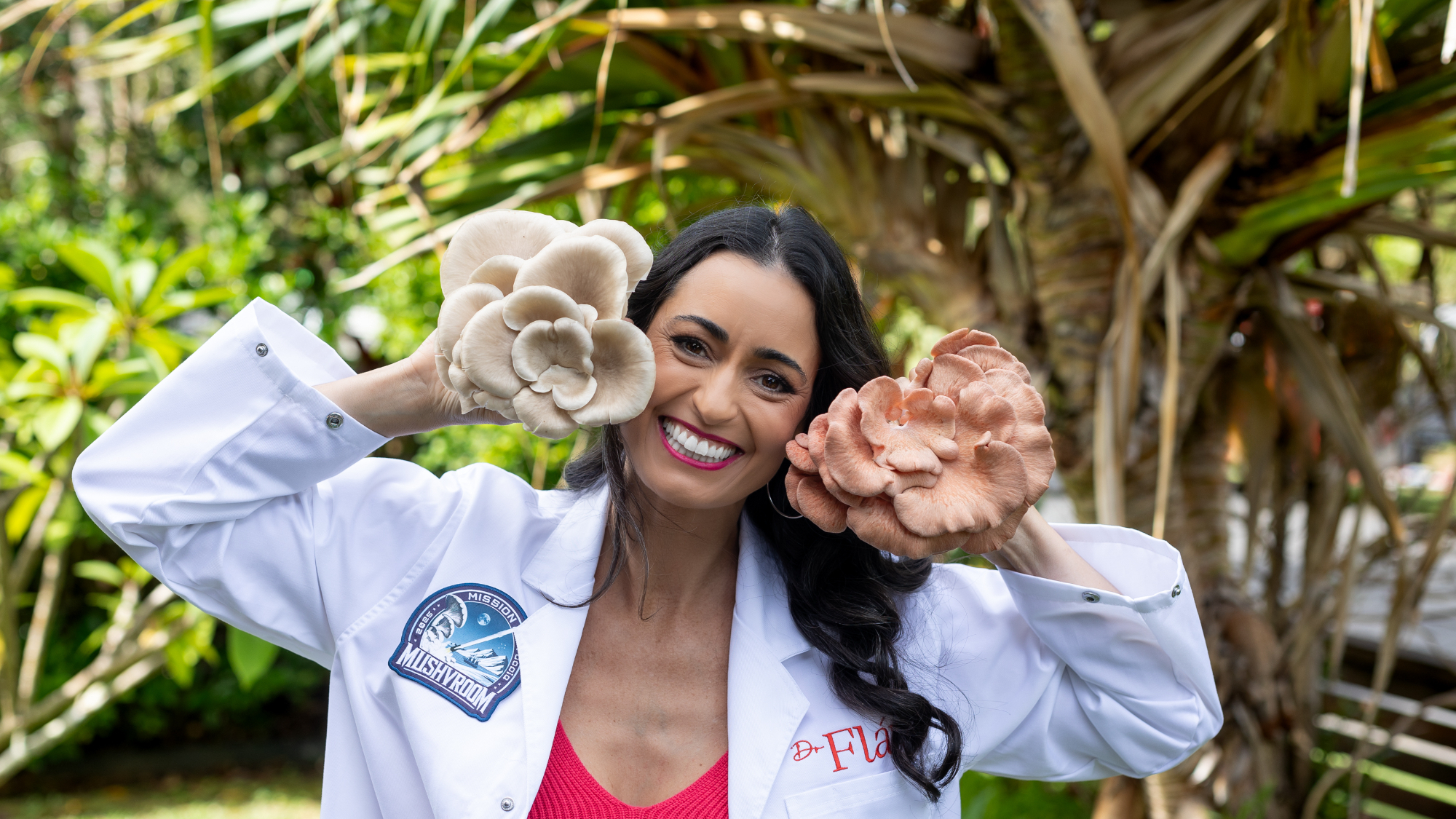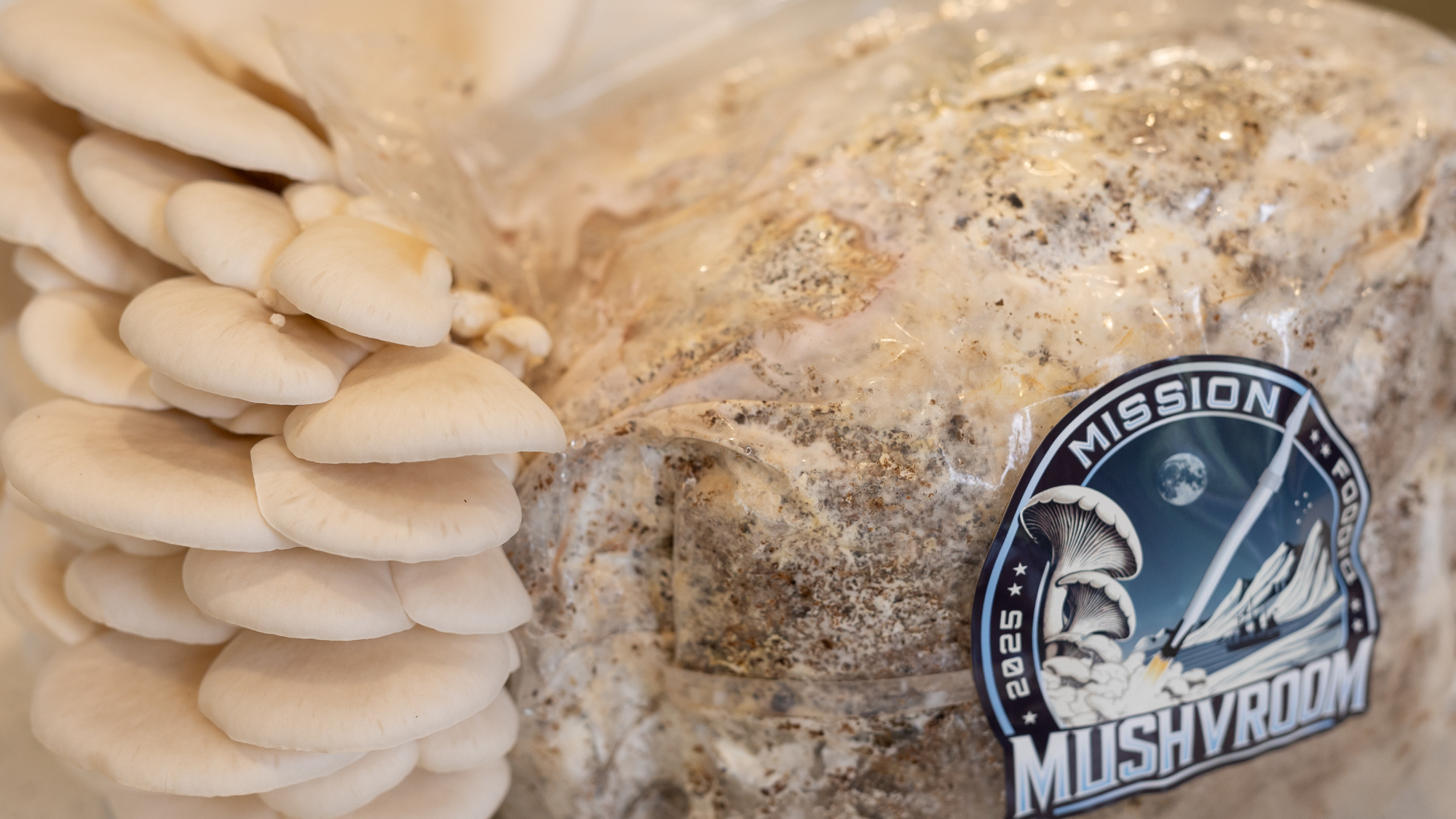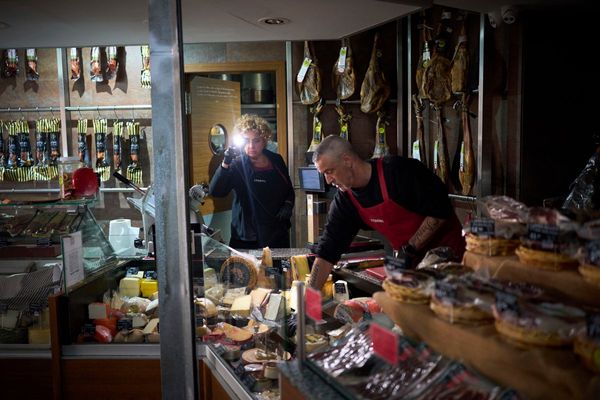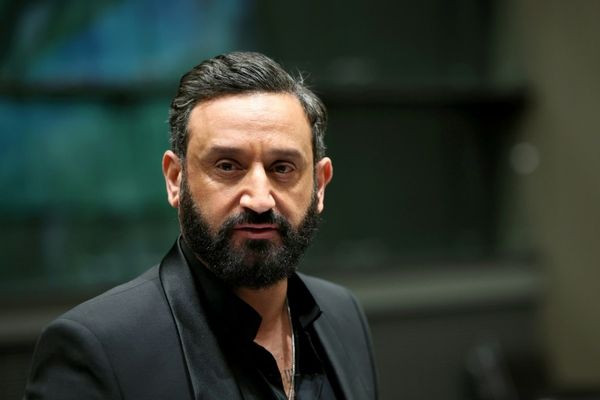
Astronauts will attempt to grow mushrooms in space for the first time during SpaceX's upcoming Fram2 mission.
Launching aboard a SpaceX Falcon 9 rocket as early as Monday (March 31), the Fram2 mission will be the first human spaceflight mission to fly over Earth's polar regions. It will carry a crew of four into a 90-degree orbit that will send them over both the North and South Poles.
The Fram2 crew will attempt to grow oyster mushrooms in microgravity as part of an experiment called Mission MushVroom, which is led by the Australian company FOODiQ Global. Mushrooms could offer a nutritious, delicious and sustainable food source for long-duration missions to the moon, Mars and beyond, according to a statement from the company.

"Mushrooms are the perfect space crop," FOODiQ Global CEO Flávia Fayet-Moore, who's leading the experiment, said in the statement.
"Oyster mushrooms rapidly grow in small spaces, doubling in size daily, and are packed with a rich nutrient profile," added Fayet-Moore, who's also a space nutritionist. "Uniquely, they produce 100% of astronauts' daily dose of vitamin D when exposed to UV light, potentially replacing one of the key supplements currently given to them on the International Space Station."
Related: Meet the astronauts of SpaceX's Fram2 mission, the 1st to fly over Earth's poles
The Fram2 mission is led by Maltese entrepreneur Chun Wang. The other crewmembers include vehicle commander Jannicke Mikkelsen of Norway, Australia's Eric Philips, who's the medical officer and mission specialist, and pilot Rabea Rogge of Germany. This will be the first spaceflight for all four crewmembers.
During the planned three-to-five-day SpaceX mission, the crew will conduct a series of research experiments centered around astronaut health, for which proper nutrition is key. The mushroom experiment will be conducted on the last day of the mission, led by Philips.
"In space, food often tastes bland due to altered taste perception and the need for a low-sodium diet to help counteract the negative effects of microgravity on bone health," Flávia said in the statement. "Mushrooms are rich in umami flavor, being one of the only tastes that remains strong in space. Oyster mushrooms are also highly resilient, scalable and capable of growing using 100% of the inedible plant waste, and even cotton t-shirts in their growth medium."
As part of the MushVroom experiment, the crew will prepare the oyster mushroom substrate and study its fruiting process, which is essential for releasing new spores to allow the fungus to produce mushrooms.
The astronauts will closely monitor the development rate of the mushrooms (the fruiting bodies), look for signs of contamination and analyze various other growth characteristics. Following the mission, scientists at FOODiQ Global will analyze the mushrooms grown in space to study the effects of microgravity and compare the samples to those grown on Earth.
"Successfully growing edible mushrooms in space represents a significant milestone for space exploration and sustainable nutrition," Ralph Fritsche, former space crop production/exploration food systems project manager for NASA and lead subject matter expert for NASA's Deep Space Food Challenge, said in the statement. "Mission MushVroom plays a crucial role in advancing sustainable space food production for long-duration missions — such as journeys to Mars — and offers valuable insights that can enhance global food security here on Earth. It really is groundbreaking."







